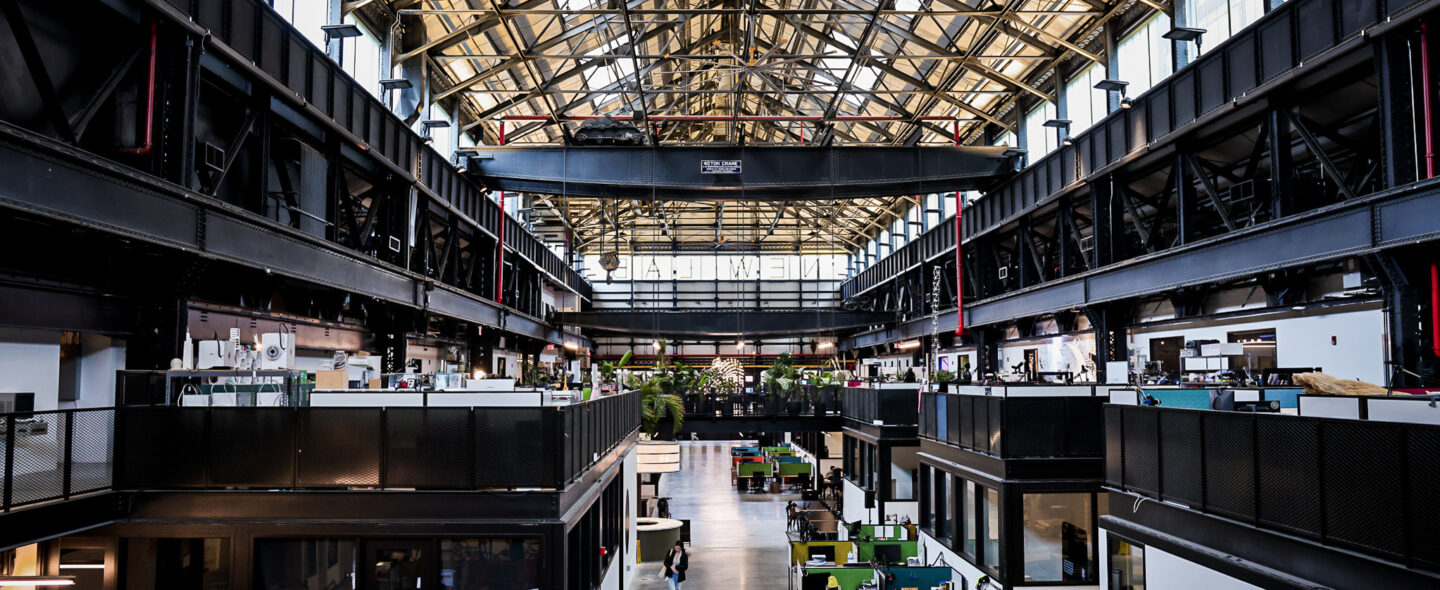
March 29, 2023 | Boston & New York
The recent report by the IPCC underscores the urgency of combating climate change. According to UN Secretary General Antoni Guterres, we must “massively fast-track climate efforts by every country and every sector and on every timeframe.” In line with this imperative, Swissnex developed Climate Collider, a startup exchange program aimed at enhancing peer-to-peer collaboration between Swiss and American entrepreneurs and accelerating climate solutions with global impact ambitions.
Launched in partnership with Swiss innovation agency Innosuisse, the program will bring together 10 Swiss and US climatetech startups working on either mitigation or resilience technologies:
- Mitigation | Technologies that reduce CO2 and other greenhouse gas emissions in all economic sectors, including electricity, buildings, transportation, food, agriculture, manufacturing, and more.
- Resilience | Technologies that prepare people, communities, and infrastructure for the impacts of climate change, including cooling systems, solutions against fires, floods, other natural disasters, heat-resistant crops, and more.
Over the span of four weeks, from September 18 to October 13, 2023, the Swiss and American entrepreneurs will have the opportunity to participate in a three-part program: a series of events at Climate Week NYC (in person), a global climate tour to discover foreign markets (virtual), and a one-week “collider” program in Boston (in person). The latter will include an intensive schedule of peer-learning and training sessions, expert meetings, and site visits. The program will culminate with a flagship pitch event, where the startups will present their solutions to a high-level audience from Boston’s climatetech ecosystem.
Climate Collider is designed to fulfill three main objectives:
- Community building | Swiss and American startups connect with, learn from, compete against, and support each other with useful contacts and ideas.
- Mindset blend | Swiss startups absorb the best of the US startup culture and global growth mindset. US startups experience the Swiss way of innovation and sustainability.
- Market discovery | Swiss startups understand business opportunities in the US market and beyond. US startups gain insight into the Swiss and global markets.
As the country with the world’s highest number of sustainability startups per capita, Switzerland has much to offer in climatetech. The Swiss startup Climeworks, which specializes in CO2 air capture technology, is often depicted as one of the prime examples of climate innovation in world media. In the US, on the other hand, climatetech is experiencing unprecedented momentum, spurred in part by the recently passed Inflation Reduction Act, one the most significant pieces of climate legislation in history. As a still up-and-coming and diverse field of entrepreneurial activity, climatetech represents an ideal candidate for an open exchange between founders with US and European sensibilities on sustainability. As a concept, it encompasses a wide range of startups that nevertheless share a common mission: mitigate the impacts of climate change and build resilience globally.
For Swissnex in Boston and New York, Climate Collider is also a natural continuation of previous climate and energy-related efforts, including last year’s Sustainable Cities Lab and the Swiss-US Energy Innovation Days, which ran as an annual event from 2014 to 2022.
Climatetech in Boston and New York
In the US, most entrepreneurial energy in climatetech is spread across three locations: California, New York, and Boston – as well as to some extent Texas and Hawaii. Taken as a whole, the American Northeast is arguably the most innovative climatetech cluster in the world. While Boston’s innovation ecosystem is better known for the life sciences, it is also a premier climate hub. The Boston area hosts the world’s largest climatetech incubator, Greentown Labs, and a wide range of organizations and initiatives pushing innovation in the field, such as Activate, the Northeast Clean Energy Council, or the MIT Climate and Energy Prize. It has produced startups such as Commonwealth Fusion Systems, a highly publicized MIT spin-off that is developing a compact fusion power plant. Even life sciences incubators such as Flagship Pioneering, which launched Moderna, have started to apply biotech to climate challenges.
New York has its own climate momentum with various incubators and accelerators in the field, the world’s biggest climate event, called Climate Week NYC, as well as new climate-friendly policies. Passed in 2019 as part of the Climate Mobilization Act, Local Law 97 is expected to reduce cumulative emissions from large buildings at least 40% citywide by 2030 through retrofits – a major boost in the drive to decarbonize the city’s building stock. New climate legislation passed in 2022 also accelerates the phase out of dirty fuel oils in buildings and mandates electrical vehicle chargers to be included in many parking lots in the city.